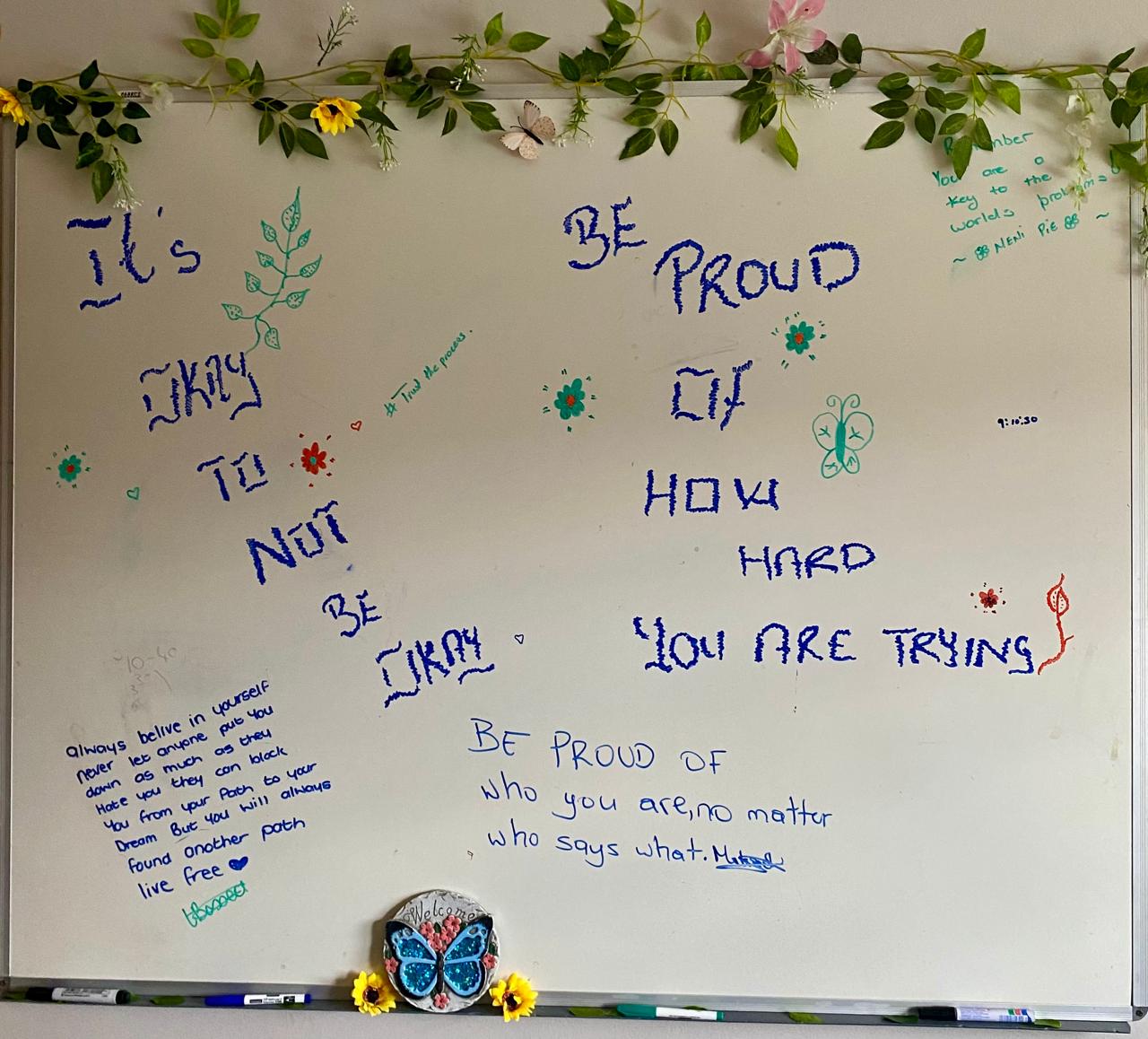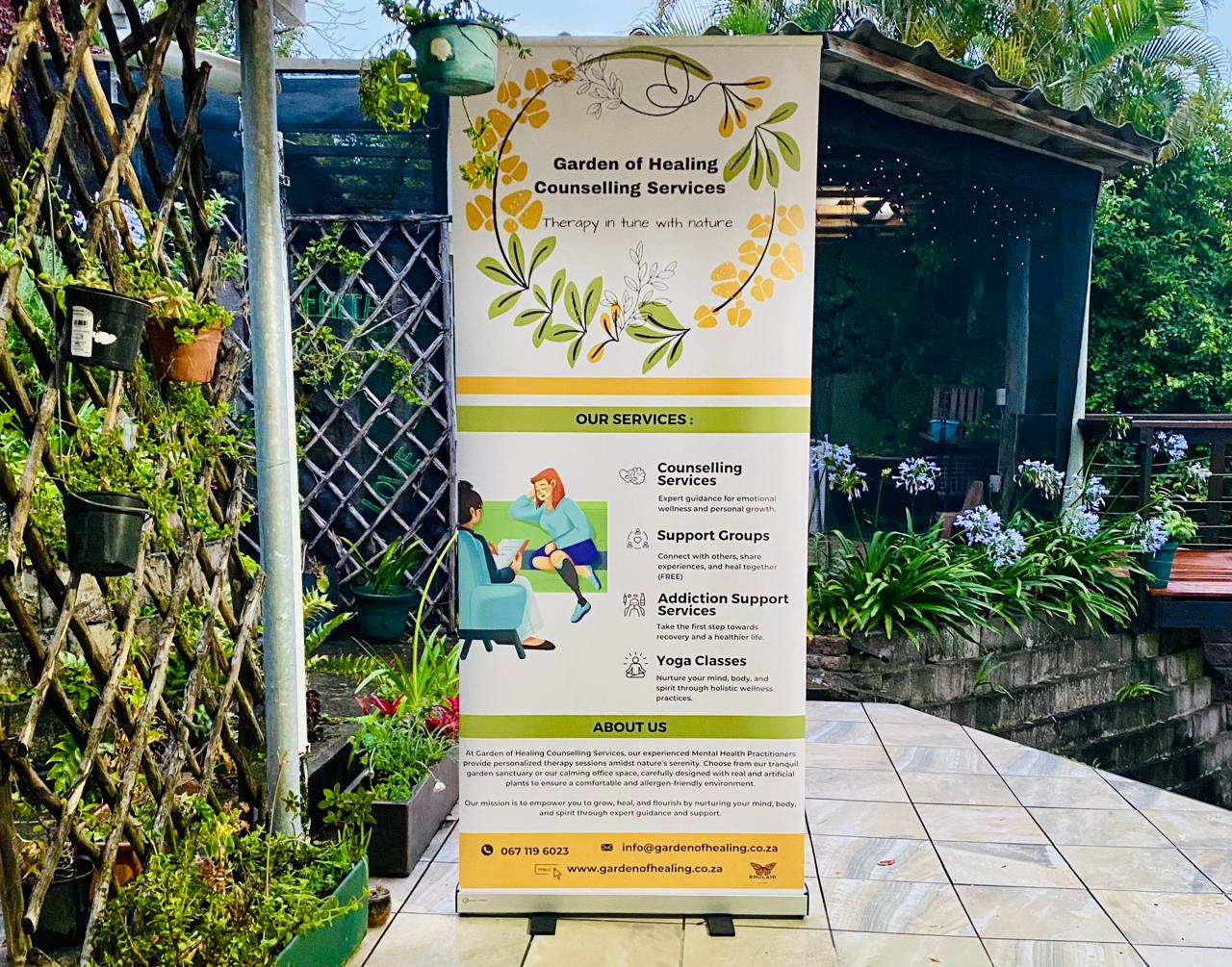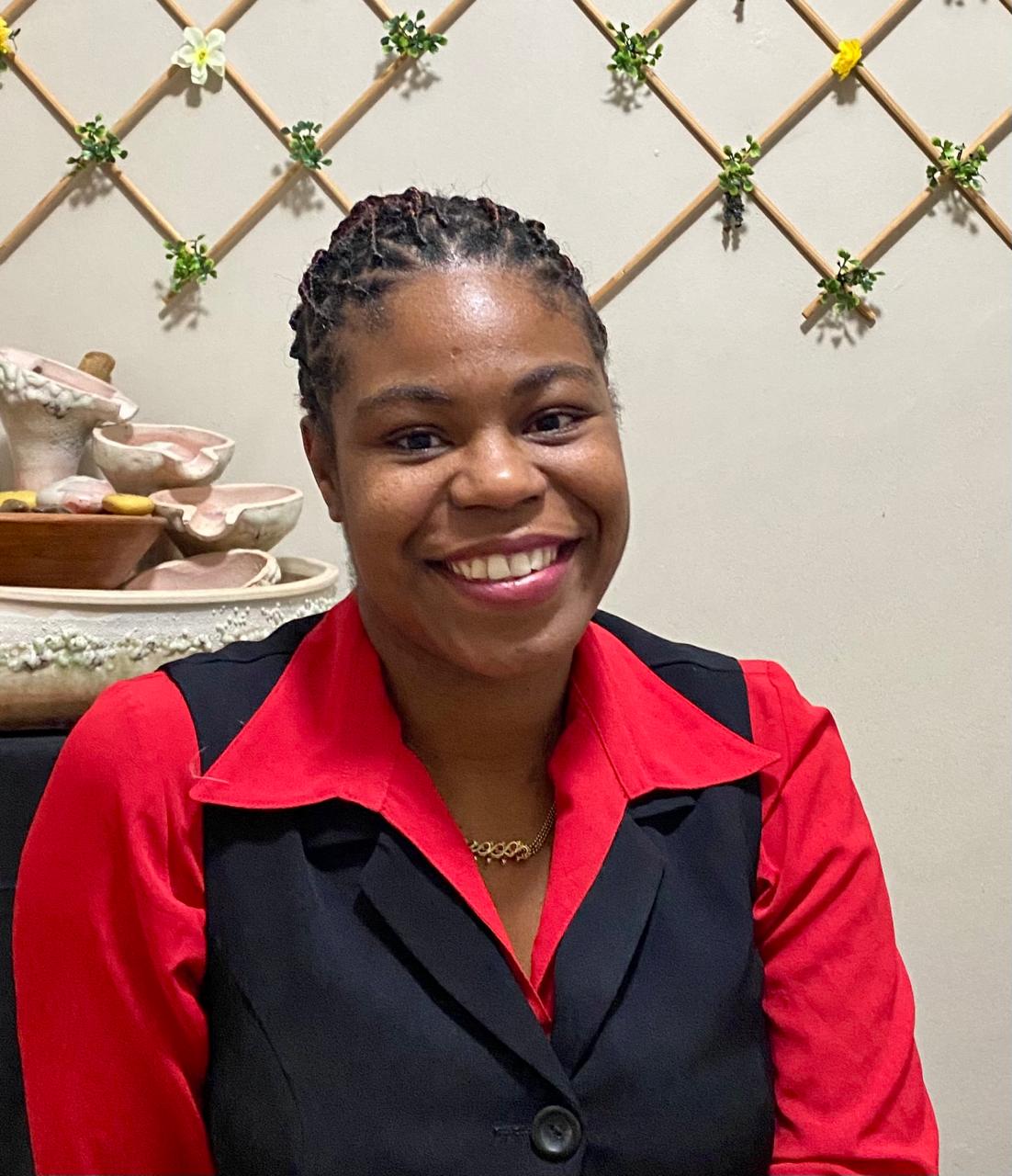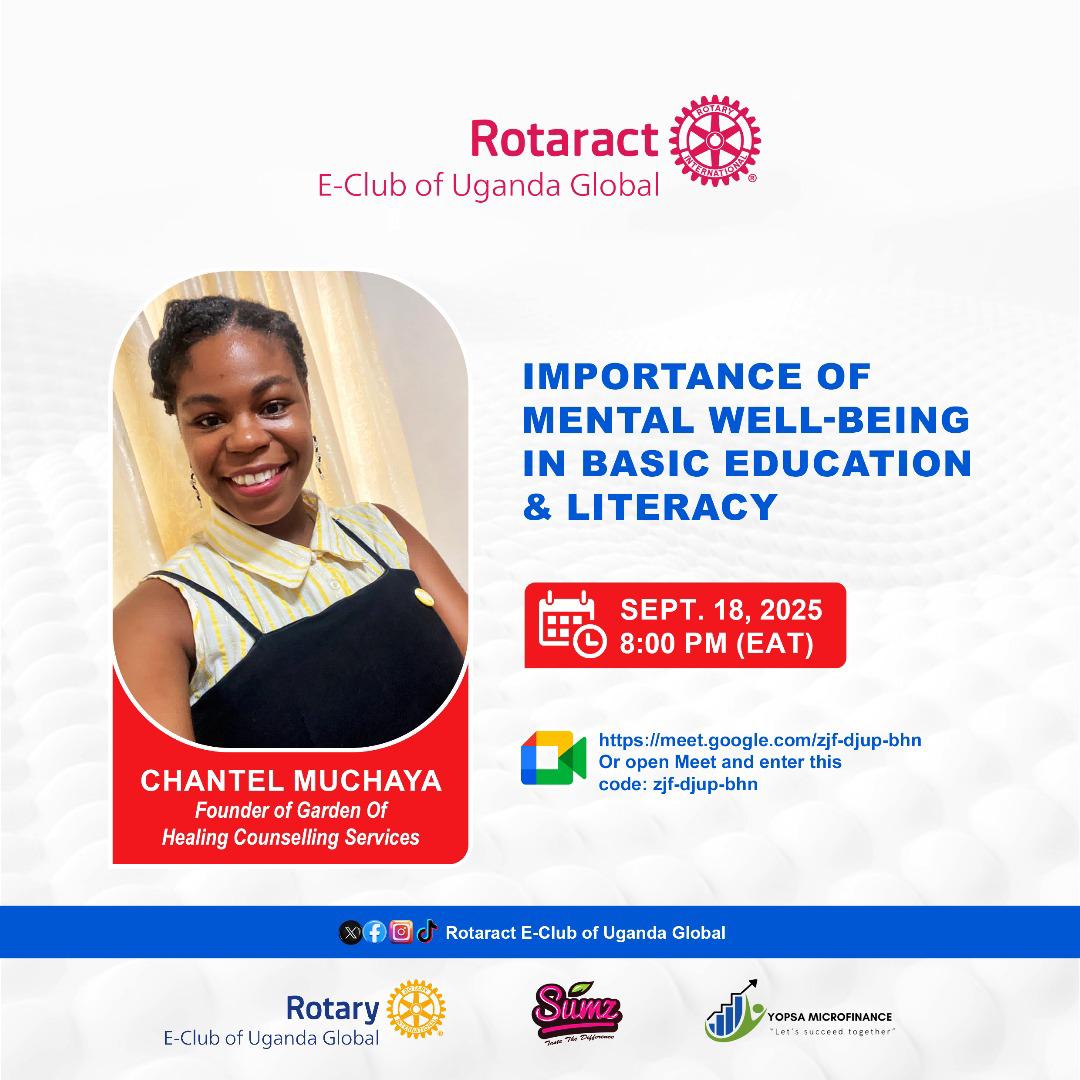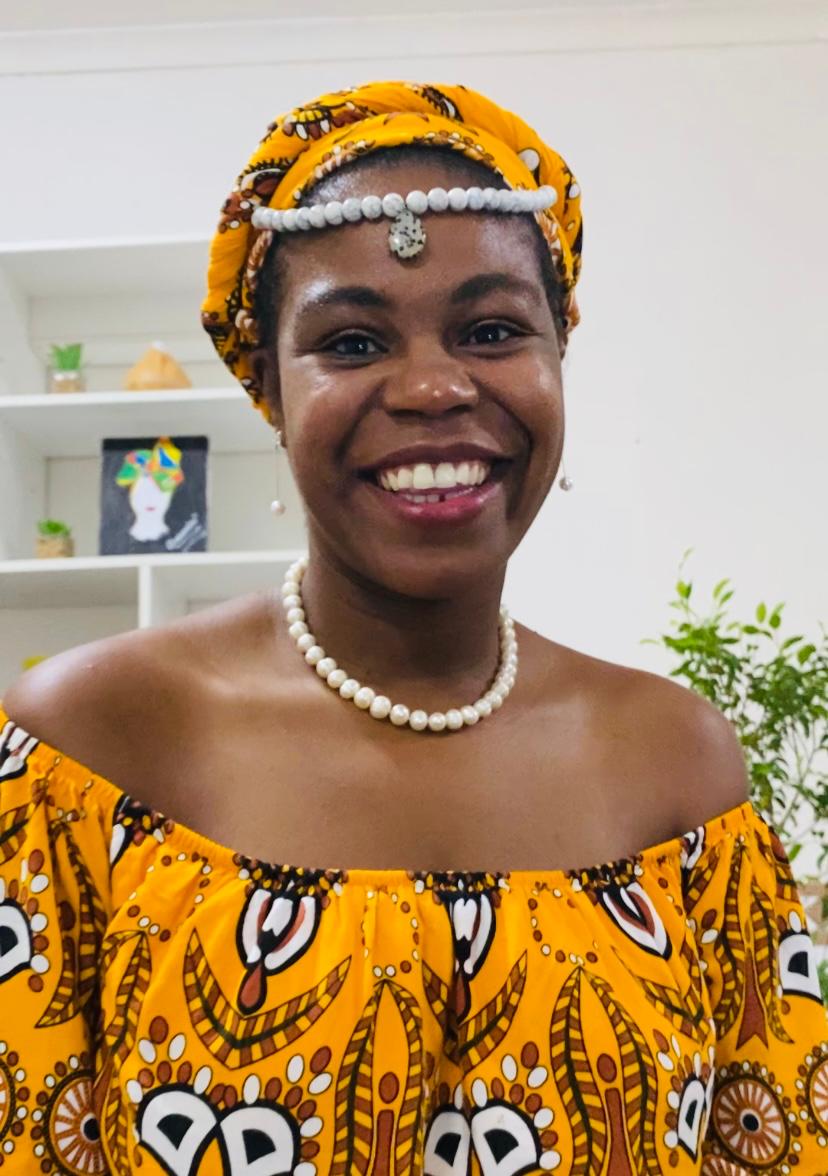Founded on November 10, 2022, by Chantel Muchaya, our
organization is driven by a powerful vision: to ensure that every person in
Africa, regardless of their racial or ethnic background, has easy access to
basic mental health support. We recognize the significant challenges that many
Africans face in accessing mental health services, including limited resources,
cultural barriers, and geographical constraints.
Our mission is to empower individuals to achieve holistic
growth and wellness through tailored therapy, addressing the interconnected
needs of mind, body, and spirit. We believe that everyone deserves a safe and
supportive space to explore their thoughts, emotions, and experiences.
We take a unique approach to mental health support, leveraging natural settings like peaceful gardens to create a calming and non-threatening environment. Our diverse team of counsellors offers language support, ensuring that our services are accessible to everyone
We strive to establish counselling centers in
underprivileged rural communities and villages, providing safe havens for
individuals seeking support and refuge. Our trained mental health practitioners
will offer guidance, support, and resources to help individuals cope with
trauma, depression, addiction, and other mental health concerns. We aim to
collaborate with local organizations and community leaders to ensure our
services are culturally sensitive, accessible, and tailored to the specific
needs of each community.
Meet Our Founder
As a passionate mental health and community development practitioner, my approach to mental health advocacy and support has enabled me to make a meaningful impact in the lives of individuals and communities. With a deep understanding of the complexities surrounding mental health, I strive to create supportive environments that foster growth, healing, and empowerment. To learn more about my journey, goals, and my contributions to the mental health sector, click on the link below to connect with me on LinkedIn.
Message of Hope
Your words can be a lifeline. Share a message of hope with
someone who may be struggling with their mental health. Leave a message of
encouragement below.
